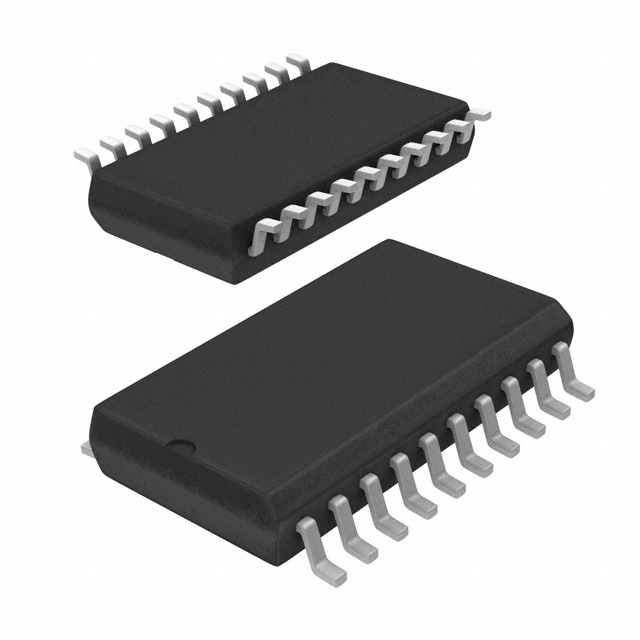In Stock : 0
Please send RFQ , we will respond immediately.









MC74HC574AFELG Specifications
-
TypeParameter
-
Clock Frequency35 MHz
-
Package / Case20-SOIC (0.209", 5.30mm Width)
-
Supplier Device PackageSOEIAJ-20
-
Mounting TypeSurface Mount
-
Operating Temperature-55°C ~ 125°C (TA)
-
Input Capacitance10 pF
-
Current - Quiescent (Iq)4 µA
-
Voltage - Supply2V ~ 6V
-
Current - Output High, Low7.8mA, 7.8mA
-
Trigger TypePositive Edge
-
Max Propagation Delay @ V, Max CL27ns @ 6V, 50pF
-
Number of Bits per Element8
-
Number of Elements1
-
Output TypeTri-State, Non-Inverted
-
TypeD-Type
-
FunctionStandard
-
PackagingBulk
-
PackagingCut Tape (CT)
-
PackagingTape & Reel (TR)
-
Product StatusObsolete
-
Series74HC
The MC74HC574AFELG is an octal D-type flip-flop integrated circuit chip manufactured by ON Semiconductor. It has several advantages and application scenarios, including:Advantages: 1. High-speed operation: The chip operates at high speed, making it suitable for applications that require fast data transfer and processing. 2. Wide operating voltage range: It can operate within a wide range of supply voltages, usually from 2V to 6V, providing flexibility in different electronic systems. 3. High output current: The chip can drive high output currents, allowing it to control or interface with external devices with ease. 4. Compatible with TTL logic levels: It is compatible with TTL (Transistor-Transistor Logic) logic levels, making it easy to integrate with other TTL-compatible components or systems.Application Scenarios: 1. Data storage and transfer: The octal D-type flip-flop chip can be used for data storage and transfer applications where multiple bits of data need to be synchronized and stored. 2. Shift registers: It can be utilized to construct shift registers, where data can be shifted from one flip-flop to the next, allowing serial-to-parallel or parallel-to-serial conversion. 3. Address decoding: The chip can be used for address decoding in memory systems or microprocessors, enabling efficient routing and selection of specific memory locations. 4. State or event detection: It can be employed to detect state changes or events in digital systems and trigger further actions or operations accordingly. 5. Digital control signals: The chip can generate digital control signals for various applications, such as controlling external devices, enabling specific operations, or synchronizing different parts of a system.These are just a few examples, and the MC74HC574AFELG chip can be used in various other scenarios depending on the specific requirements of a digital system or application.
MC74HC574AFELG Relevant information
















